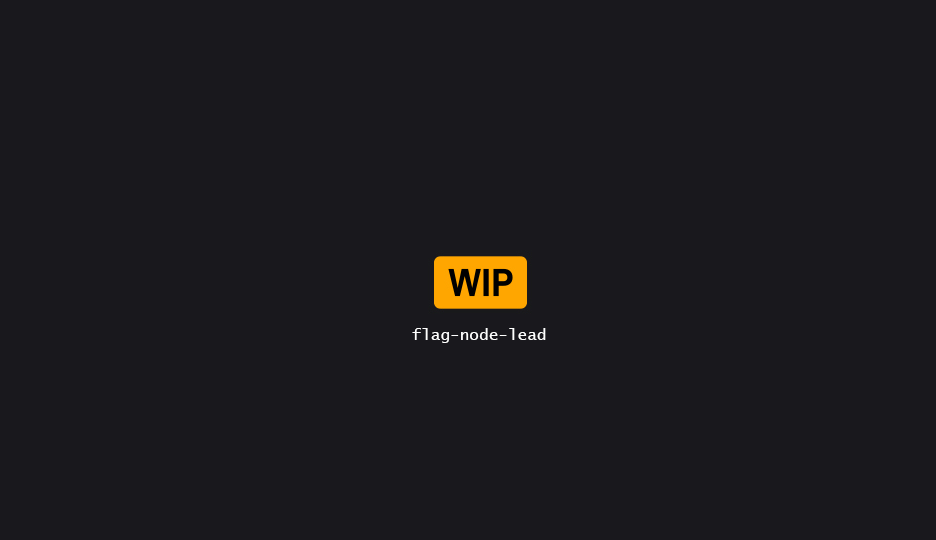Related
Table of content
The Node Flag, not to be confused with Flag Nodes, performs a single per-point bitmask-based operation on an incoming value; based on any number of input filters.

Properties
| Property | Description |
|---|---|
| Settings | |
| Name | If enabled, the direction of the probe will be adjusted by the current probing point’ transform. If disabled, the direction is in world space. |
| Priority | Fixed maximum connections for every point. |
| Pass State Flags | If enabled, will apply the specified flags to the incoming bitmask when the filters are true. See below for more infos on flag operation. |
| Fail State Flags | If enabled, will apply the specified flags to the incoming bitmask when the filters return false. See below for more infos on flag operation. |
State Flags
| Property | Description |
|---|---|
| Settings | |
| Mode | The mode lets you choose how to set the flags value, as a user. - Direct is probably the most useful, as it can be set using an override pin.- Individual lets you use an array where you can set individual bits by their position (index), and whether they’re true or false.- Composite lets you set individual bits using dropdowns. |
Mode : Direct
This is probably the most useful & straightforward mode, as it can be set using an override pin.
| Bitmask | Sets the raw bitmask value, as an int64. |
| Op | Which operation to do on the selected bit using the value set below.Can be either: =, AND, OR, NOT, or XOR.See below for more infos. |
Mode : Individual
Individual mode lets you cherry pick which operation you want to perform on specific bits, using an array.
Note that the order of the array itself is of no consequence; the Bit Index property is what matters.
| Individual Operation | |
| Bit Index | The index of the bit this operation will be applied to. Keep the ranges between 0 and 63
|
| Op | Which operation to do on the selected bit using the value set below.Can be either: =, AND, OR, NOT, or XOR.See below for more infos. |
| Value | If Individual is selected, this an array where each bit is an index/operation pair. |
Mode : Composite
This lets you set the full width of the int64 using a single dropdown per byte.
| Op | Which operation to do on the incoming flags using the bitmask created from the dropdowns. Can be either: =, AND, OR, NOT, or XOR.See below for more infos. |
| 0-64 Bits | If Composite is selected, a whole bunch of dropdowns will show up. |
Operation
| Op | |
= | Set the bit value, with no regard for its current value. |
AND | TBD |
OR | TBD |
NOT | TBD |
XOR | TBD |
Available Cluster Filters
Available Filters
🝖 Compare Nearest (Numeric)
The Numeric Comparison Filter compares the arithmetic value of an attribute against the closest point from another dataset.
🝖 Bool
Performs a simple boolean comparison, converting numeric values to true (> 0) or false (<= 0).
🝖 Modulo Comparison
Compares the modulo of two attributes against a third operand, with configurable comparisons and tolerance.
🝖 Bounds
Checks if a point is inside or outside the provided bounds, with options for bounds types and an epsilon adjustment.
🝖 Bitmask
Checks specific flags in an int64 bitmask attribute with configurable mask types, comparisons, and an option to invert results.
🝖 Mean Value
The Mean Value Filter compares per-point values of an attribute against the mean statistical value of that same attribute.
🝖 Self Compare (Numeric)
Compares the numeric value at one index against the same attribute at another index.
🝖 Self Compare (String)
Compares the string value at one index against the same attribute at another index.